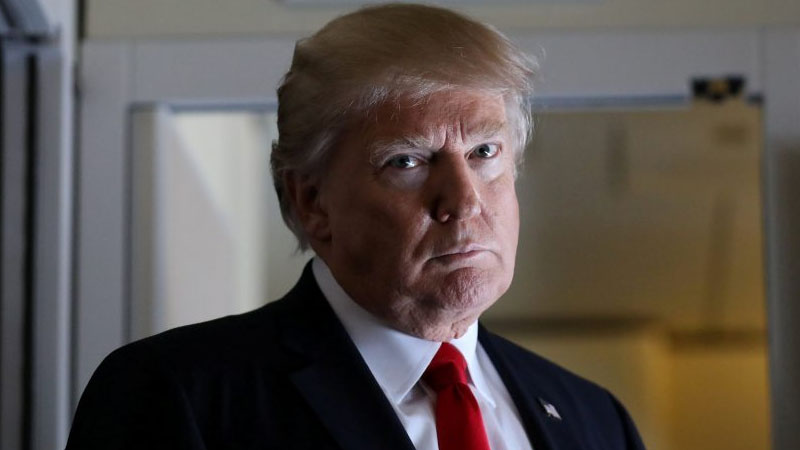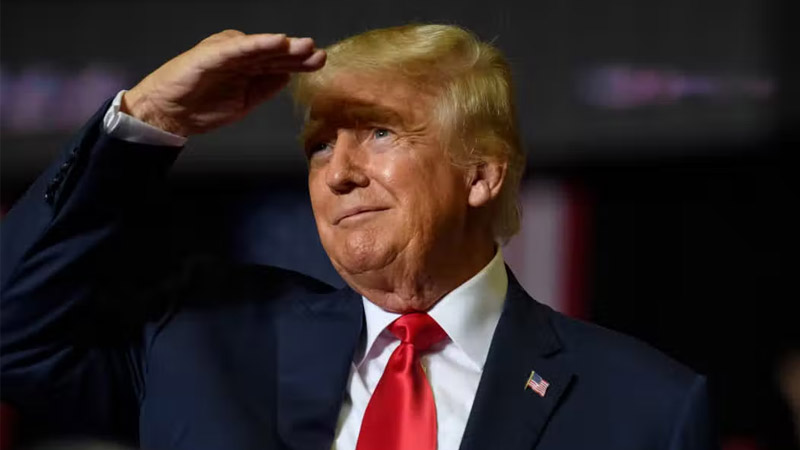Trump Administration Weighs Scaling Back Tariffs on Canada and Mexico

Donald Trump in New York City on Nov. 6, 2023. Adam Gray / AFP via Getty Images file
WASHINGTON—President Donald Trump’s proposed tariffs on Canada and Mexico may not be as sweeping as previously announced, as White House officials explore “several offramps” to soften the economic blow, according to a Wall Street Journal report Thursday.
Despite Trump’s public insistence that a 25% tariff on all imports from Canada and Mexico is imminent, internal discussions suggest the administration is weighing more targeted measures instead. Trump has vowed to implement the tariffs by Saturday, but sources familiar with the matter say the administration remains undecided.
According to the report, rather than a blanket tariff across all imports, the administration is considering limiting tariffs to specific industries, such as steel and aluminum, while exempting others, including oil. “But amid ongoing negotiations with Canada and Mexico, the administration appears undecided on whether to impose tariffs on all imports from those countries,” the Journal reported.
“Administration officials are preparing to opt for more targeted measures instead.” Another option being discussed is an announcement of new tariffs but with a grace period before enforcement begins, allowing negotiations to continue.
Adding to the uncertainty is a federal judge’s injunction that temporarily blocked a White House directive to freeze federal grants and loans—a decision that has made some administration officials wary of using emergency powers to justify tariffs.

“The injunction on the OMB action has caused some White House officials to second guess their plans to impose tariffs under the International Emergency Economic Powers Act (IEEPA),” the Journal reported. “Policymakers don’t want to risk having an IEEPA action enjoined now, when they may potentially use it in the future on other countries.”
Meanwhile, pressure from U.S. industries is also shaping the debate. The United Steelworkers union is lobbying Trump to abandon the idea of across-the-board tariffs, arguing that a blanket policy could harm American workers and manufacturing supply chains.
While Trump continues to publicly threaten Canada and Mexico with broad economic penalties, the reality behind the scenes appears more complicated. With legal challenges, economic concerns, and industry opposition mounting, his administration is still weighing whether to proceed with full-scale tariffs—or opt for a more measured approach.
As the self-imposed Saturday deadline approaches, the final decision remains uncertain, leaving businesses and trading partners bracing for potential economic turbulence.


